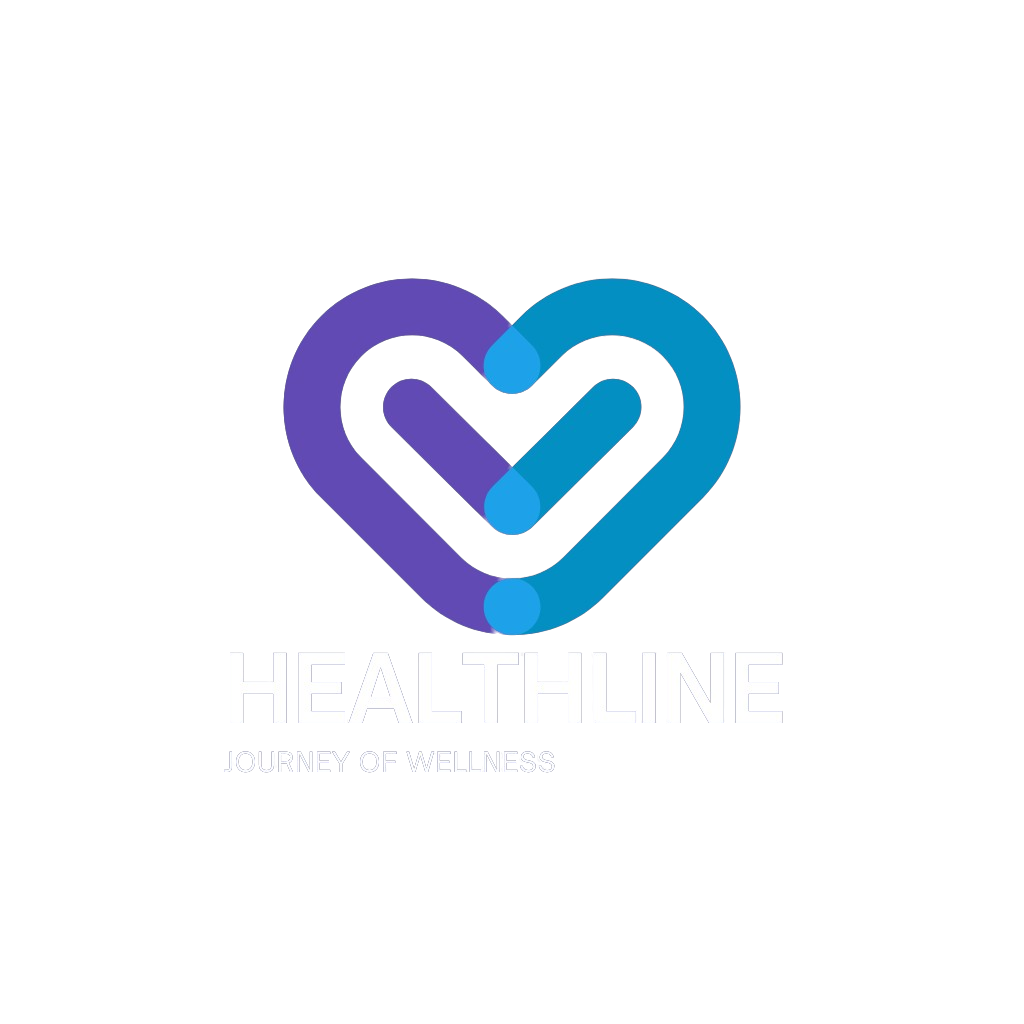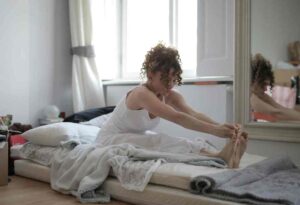How to get your energy back in 20 minutes after a bad night’s sleep
It has happened to all of us to feel tired and have difficulty responding to the demands of everyday life after a night of poor sleep.
According to the findings of a new study, just 20 minutes of exercise is enough to stimulate the brain.
A team of scientists led by researchers at the University of Portsmouth conducted two experiments involving 12 people in each.
In the first, participants had only slept for five hours over three nights.
In the morning, they were assigned seven tasks to complete while at rest, and then instructed to repeat the tasks after 20 minutes of moderate-intensity cycling.
The analysis revealed that minimal sleep affected each person differently – possibly because some people may be more resistant to fatigue.
However, each individual’s performance on the tasks improved after cycling exercise.
In the second experiment, participants were kept awake for an entire night and then placed in an environment with low oxygen levels.
They underwent the same tests and, although their oxygen levels had dropped, they improved their performance after exercise.
“We’ve shown that engaging in moderate-intensity cycling for 20 minutes enhances executive functions following three nights of partial sleep deprivation and one night of total sleep deprivation, regardless of hypoxic conditions.” the researchers note.
As they report, exercise affects the release of hormones that regulate the brain and the rate at which blood flows through it.
Co-lead author Dr. Thomas Williams suggested: “One potential explanation for the cognitive performance enhancement seen with exercise could be linked to elevated cerebral blood flow and oxygen levels”. However, our findings suggest that even when exercise is performed in an environment with low oxygen levels, exercisers are still able to perform cognitive tasks better than when they were at rest under the same conditions.”
Sleep is fundamental to maintaining a healthy lifestyle, and adults are recommended 7-9 hours of sleep per night.
Studies show, however, that 40% of the world’s population does not get enough sleep.
Lack of sleep can in the short term reduce cognitive performance, affect attention span, judgment and emotional state.
In the long term, it can lead to cardiovascular disease, obesity and depression .
Dr. Joe Costello, who was involved in the study, said the findings confirm the link between exercise and stressors such as lack of sleep and help reinforce the message that exercise is medicine for the body and brain.

